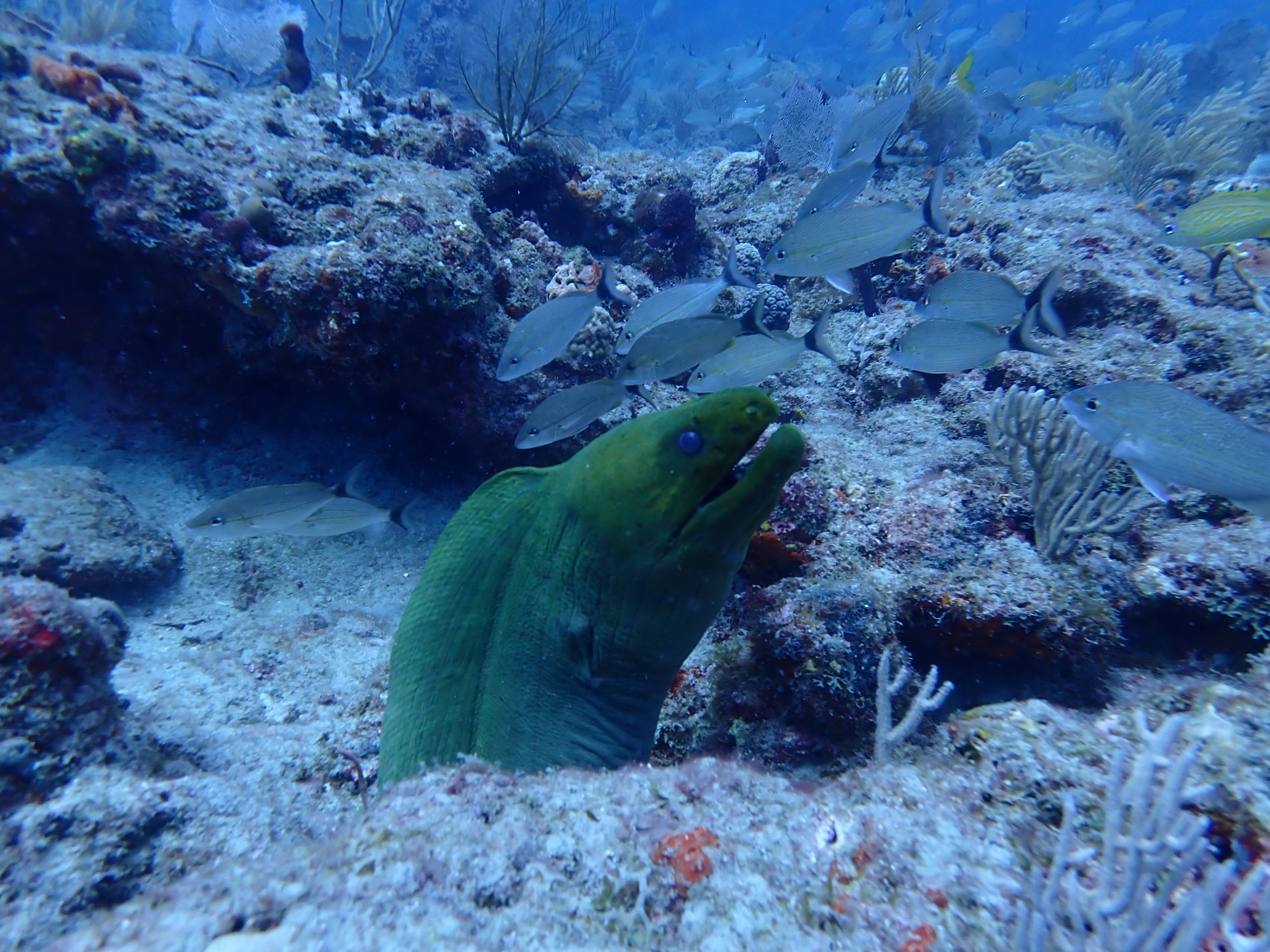Responsible Diving Guidelines for Interacting with Marine Wildlife

When it comes to exploring the world beneath the waves, responsible diving practices play a vital role in ensuring the preservation of marine wildlife. As scuba divers, we must interact with underwater creatures in a way that respects their natural habitats and minimizes any potential disturbance. This blog post will delve into the essential guidelines for responsible diving and harmonious encounters with marine wildlife.
Understanding Marine Wildlife
To engage responsibly with marine wildlife, it’s crucial to first understand the incredible diversity of species that inhabit our oceans. From vibrant tropical fish to majestic sea turtles and gentle manta rays, each creature plays a unique role in the delicate marine ecosystem. By expanding our knowledge about different species and their behavior patterns, we can approach interactions with a deeper appreciation and respect.
For many scuba divers, this translates into getting a certification like the PADI Fish Identification Certification. Learning to identify different species of fish is a step forward in every scuba diver’s adventure.
Another tool in many scuba divers’ fish id toolbox is the Reef Fish Identification book set. This comprehensive set of books is full of beautiful pictures of most of the species you will find in Florida, the Caribbean, and the Bahamas.
Maintain a Safe Distance
Respecting the personal space of marine wildlife is paramount. Keep a safe distance to avoid causing stress or disturbance. Remember, they are wild creatures; observing them from afar allows them to go about their natural behaviors without interference. Use your underwater photography skills to capture their beauty without compromising their well-being.
Do Not Touch or Chase
While the temptation to touch or chase marine wildlife may be strong, it is crucial to resist the urge. Touching can damage delicate coral or disrupt the protective slime layer on a fish’s skin. Chasing can cause stress and exhaustion, impacting their overall health. Instead, practice passive observation, allowing the animals to approach you on their terms.
When encountering turtles during your dives, it is crucial to be mindful of their natural behavior and respect their need to come up for air. Turtles are air-breathing reptiles, and obstructing their path to the surface can cause stress and potentially harm their well-being. To ensure a responsible interaction, always maintain a safe distance and avoid positioning yourself between a turtle and the surface.
Minimize Your Impact
As responsible divers, we must minimize our impact on marine wildlife and their habitats. Avoid stirring up sediment or damaging coral reefs with careless fin kicks. Maintain proper buoyancy control to avoid accidental contact. Dispose of waste properly, both on land and underwater, to prevent pollution. Small actions collectively contribute to the conservation of our precious underwater world.
Spread the Message
The responsibility of preserving marine wildlife extends beyond our individual actions. Share your knowledge and experiences with fellow divers and encourage them to adopt responsible diving practices. Together, we can create a community that values and protects the marine environment for future generations of divers to enjoy.
Wrap Up
Responsible diving guidelines are the cornerstone of harmonious interactions with marine wildlife. It doesn’t matter if you are diving in your favorite lake, off your favorite dive boat, or a shore dive like the beautiful Blue Heron Bridge, by understanding, respecting, and minimizing our impact, we can become ambassadors for preserving these incredible creatures and their habitats. Let us embark on our diving journeys with a sense of awe and a commitment to being responsible stewards of the underwater world.

Join Our Mailing List For New Scuba Divers
If you like this tip for new scuba divers, join our mailing list. You’ll get a new tip delivered to your inbox each week. Learn to dive confidently!